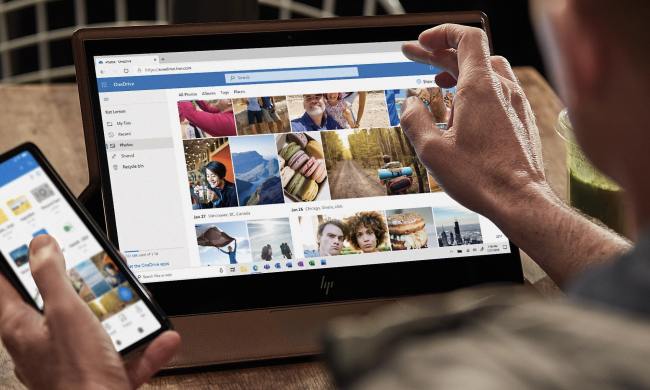
Of course it’s not like Microsoft only just got around to applying for a patent on the design. Even though it’s not clear when it initially pushed to have its design enshrined in law, it has patented several gaming and reality-bending headsets over the past few years. Presumably these were secured to head off anyone that expected to pursue such designs, but Hololens was apparently lost in the collection of patents, according to Winbeta.
However even if we had stumbled across it, we wouldn’t have been able to decipher much, as design patents are less revealing than patent applications. It wasn’t even called the Hololens in its original filing, but just a “headset with visor.”
Related: Microsoft will send HoloLens to space again, hopes the rocket won’t blow up this time
So for now, the details on Microsoft’s Hololens remain thin on the ground. After its reveal and subsequent demonstrations in early 2015, we became aware of its capabilities, and our own Matt Smith even had a play with it back in May — when he suggested that though it is immersive, the image quality and field of view still need to be improved — but there’s no sign of a release date or price tag as of yet.
Although it’s likely that one day VR and AR will be one and the same, 2016 could very well see a battle for dominance with different reality bending headsets. Do you think the Hololens could outsell Oculus’ Rift and Valve’s HTC Vive?



